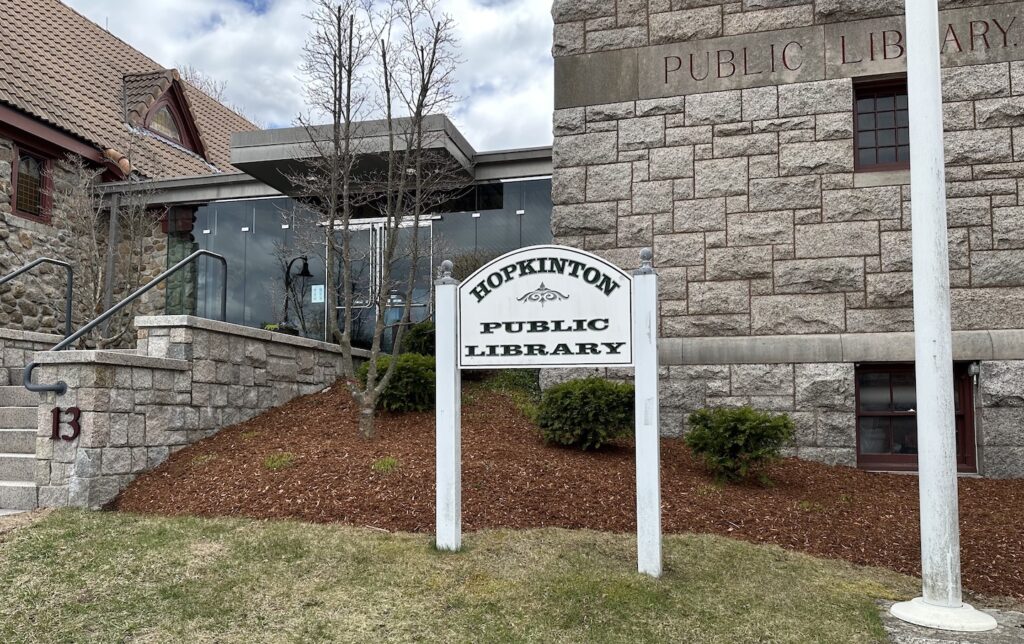With the shift toward sustainable energy solutions, heat pumps have quickly gained popularity as an efficient way to heat and cool homes. However, the success of a heat pump installation relies not only on the technology but also on a thorough understanding of the home — or the “box” — in which it’s being installed. Factors like design, insulation and overall structure impact the system’s performance, efficiency and ability to deliver consistent comfort.
Heat pumps are highly efficient because they move heat rather than generating it through combustion. However, their heat output generally is lower than traditional fuel-based systems. For example, while a warm-air furnace pushes air at temperatures between 130-160 degrees, a heat pump typically delivers air around 100-120 degrees. This lower output means a heat pump may take longer to heat a space, especially if the home isn’t properly sealed or insulated. A skilled installer should assess the home’s insulation and sealing before selecting and installing the right system.
Optimal comfort with a heat pump
Unlike systems that burn fuel to produce heat, heat pumps transfer heat through a refrigeration process, making them safer, cleaner and quieter. No combustion means no gases or residuals, while simpler maintenance avoids the soot and ash associated with traditional systems. Heat pumps also operate quietly, providing whisper-like comfort without the loud “shake and bake” of combustion. They’re the silent, reliable friend you didn’t know you had, consistently keeping your home warm in winter and cool in summer.
Heat pump plus ‘tight’ home a winning combo
Pairing a heat pump with a “tight” home — one that minimizes air leakage — creates an ideal setup for peak efficiency. In a tightly sealed home, the heat pump can effectively maintain comfort by keeping conditioned air inside and outdoor air out. Achieving this level of efficiency goes beyond insulation; it requires detailed sealing of cracks around windows and doors, caulking and weatherproofing.
An installer with expertise in these elements can design a system that maximizes the benefits of both a tight home and a heat pump, ensuring the system operates efficiently without unnecessary strain. By pairing these two strategies, homeowners can enjoy a more comfortable, energy-efficient space year-round.
The ‘box’ as a critical factor
A home’s condition — especially insulation, air sealing and heat retention — directly affects how well a heat pump performs. In homes that are poorly sealed or under-insulated, a heat pump has to work harder to maintain comfort, which often reduces efficiency and increases energy use. Installing a heat pump goes beyond simply selecting a system; it involves tailoring it to the home’s unique “box.” This means understanding how air moves within the home, identifying areas of potential heat loss or gain, and selecting a system that meets the homeowner’s comfort goals and available rebates.
Heat pump design equals success
A successful heat pump installation depends as much on the home as it does on the equipment. A properly sealed and insulated home allows the heat pump to operate more efficiently, delivering steady comfort with reduced energy use. For homeowners considering a heat pump, knowing that a successful installation requires a comprehensive understanding of the home can make all the difference. The best results come when the installer has a “whole home” perspective, ensuring the system is perfectly suited to the home’s unique characteristics.
For more information on heat pump systems, contact:
Ilija Crnobrnja, Co-CEO
SumZero Energy Systems
Holliston, MA
508-474-3220
sumzeroenergysystems.com
The advertiser is solely responsible for the content of this column, which is a paid advertisement.





















Good article. Tight sealing also affects the efficiency of traditional fuels. The Mass Save program can help reduce the costs of the insulation and the heat heat pump.
Hi Linda, thanks for the insightful comments. SumZero is a member of the Heat Pump Installer Network (HPIN) with Mass Save. Our Mass Save Concierge ensures that every customer gets all of the eligible rebates and loans. We provide guidance through every step of the application process.